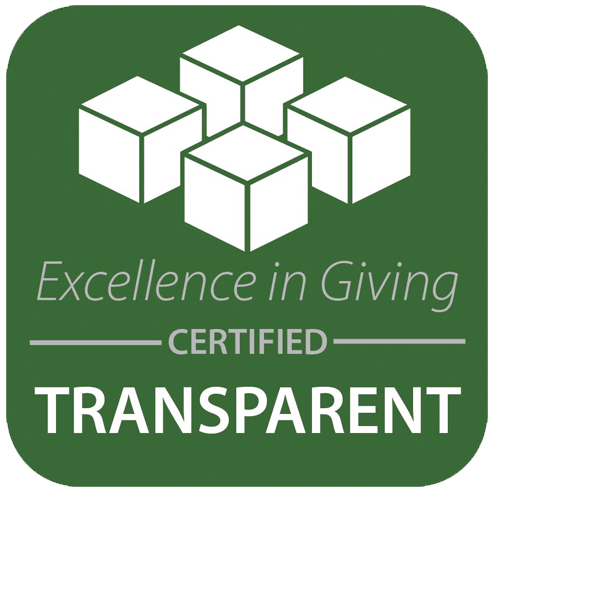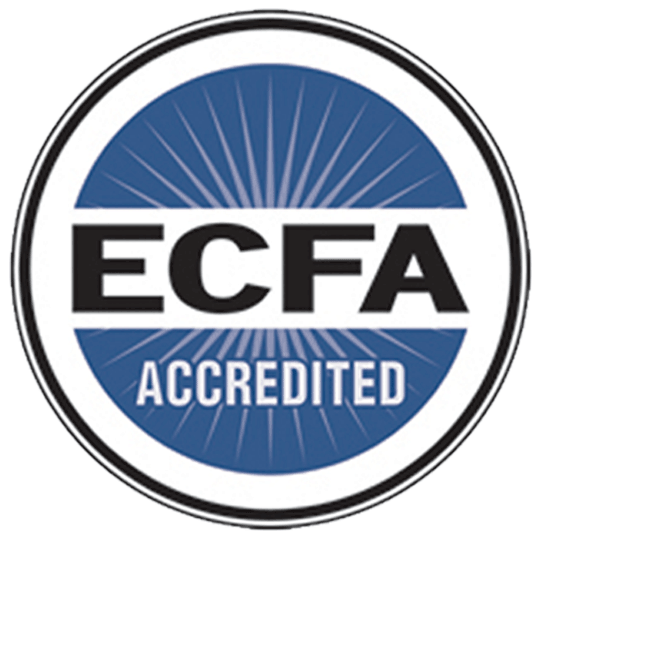In school, we are given formulas that can help us solve mathematical problems. We get access to textbooks that contain information about various concepts. Life, however, is much more complex. We can gain knowledge from a range of sources on how to raise children and be good parents, but ultimately, everyone's parenting styles will differ. Perfection in parenting is a myth, yet there are some that still find it in themselves to publicly point out someone else's errors in child rearing -- and moms are frequent targets.
Mothers may fall victim to "mom shaming", which happens when people throw criticisms at mothers whose parenting choices are not aligned with their own. It leaves shamed moms with an intensely painful feeling or experience that can lead them to believe that they are flawed, a failure, or unworthy of being a parent. As it breeds insecurity and anxiety, mom shaming can be extremely damaging especially to a mother's mental health.
According to a report from the University of Michigan, a woman's own parents are the leading source of shaming, followed by the spouse and in-laws. Major areas of criticism include discipline, diet and nutrition, sleep, feeding, safety, and child care. While some moms have claimed that mom shaming made them feel unsure about their parenting skills, there are those who took action. Even so, it is a practice that can make moms feel stressed and overwhelmed.
Mom shaming can happen anywhere. It can take place within the home, outdoors, or even online. Don't let this toxic cycle continue. If you are being targeted by mom shamers, or caught in a situation involving one, here are some things that you can do:
Refrain from passing judgment on others' choices.
There are many factors that affect one's decision-making process, and you probably don't have visibility on most of them. Don't readily offer your opinion unless you are asked to. And when you do, make sure that you are coming from a place of love.
Show your support.
Just because someone is not doing it your way means they are in the wrong. Assume the best of intentions and focus on the positive instead of fault-finding.
Change your mindset.
Not all feedback should be treated as a personal attack. Some may have genuine reasons behind a response, but may have faltered in their delivery. Practice compassion and understanding by having a dialogue that can clarify any ambiguities between you and the other person.
Take a neutral stance when answering.
If you feel like you are being mom shamed, use a disarming statement that will allow you to put a stop to the bullying without actively taking part in it. You can thank them for sharing their opinion, or be direct by saying that commenting on others' parenting styles is not in line with your ideals.












